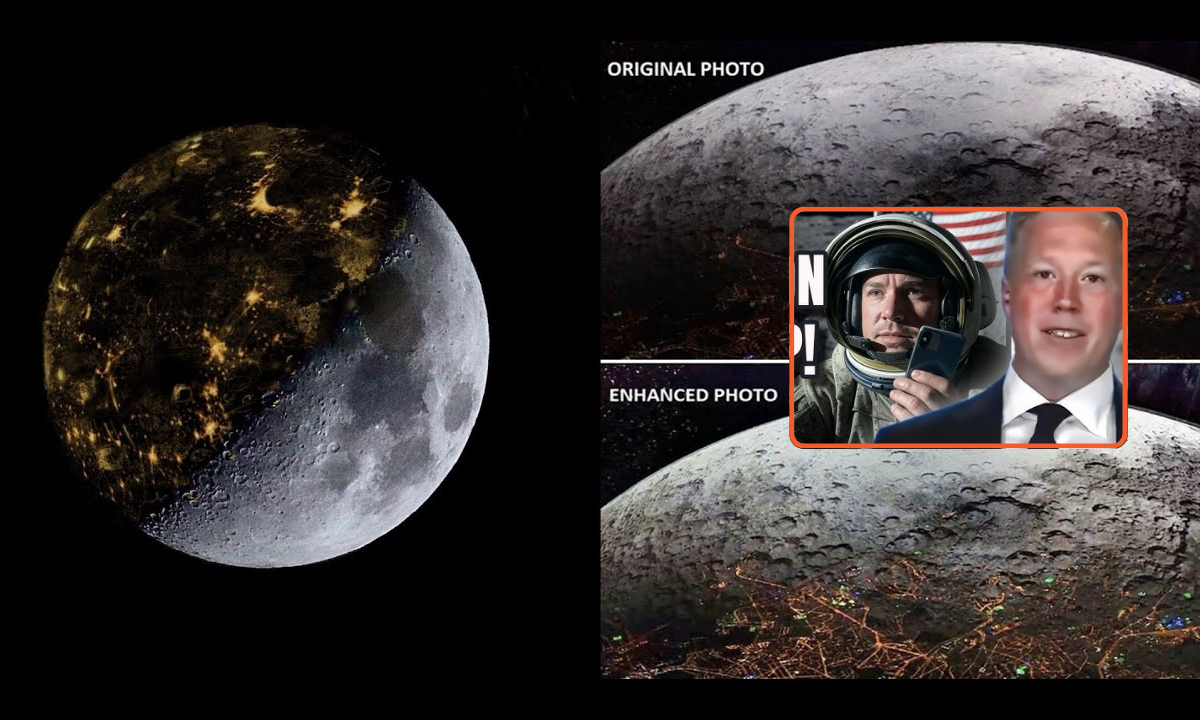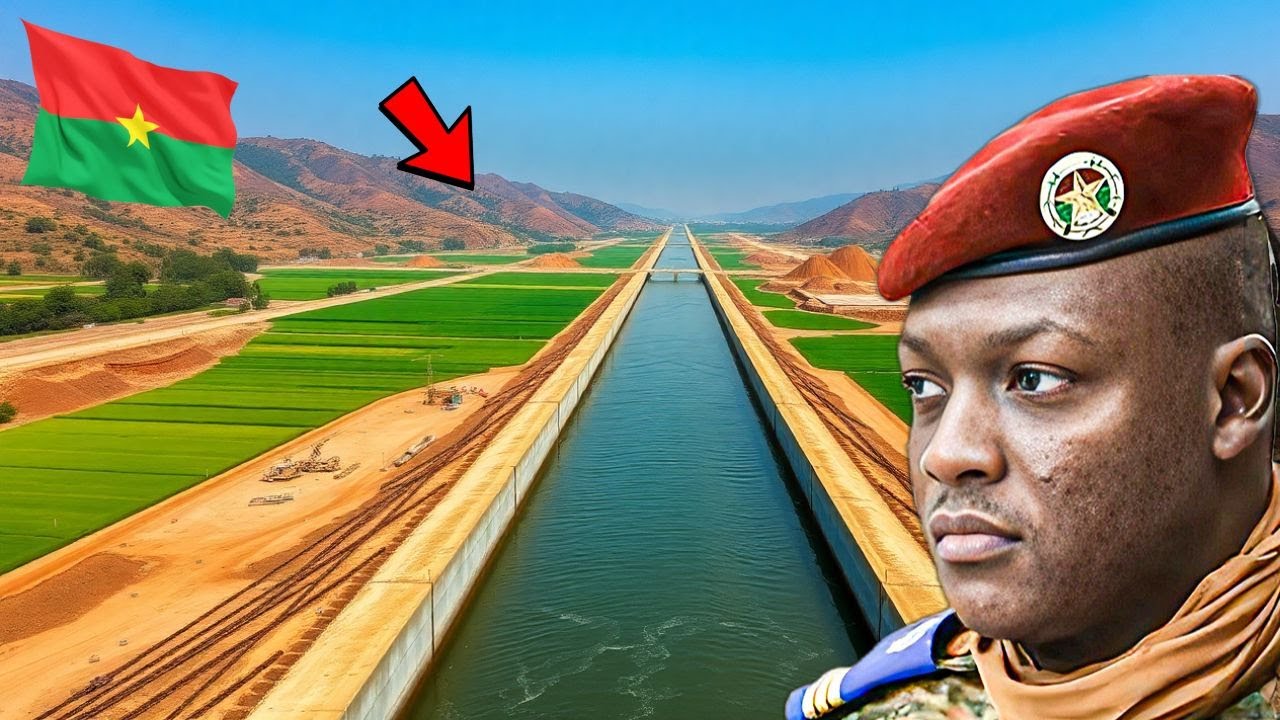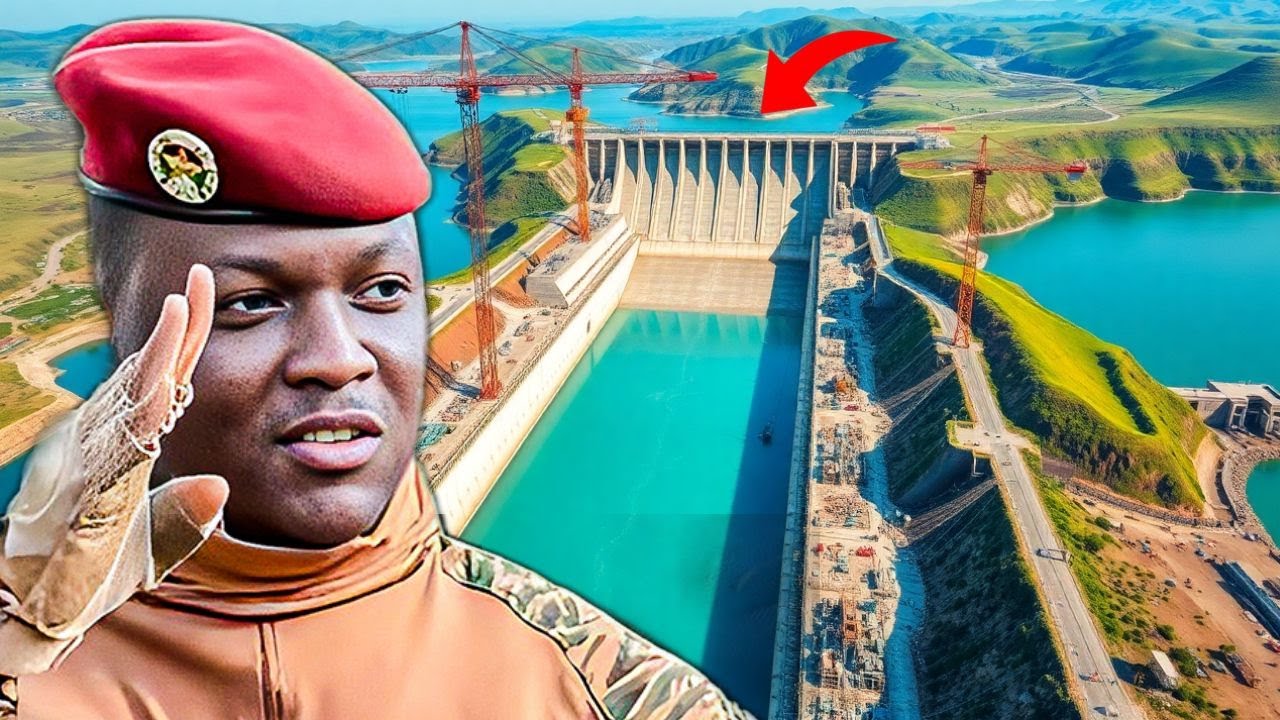**Headline: Burkina Faso’s Bold Leap into the Future: Ibrahim Traoré Unveils Revolutionary Road Construction Method**

In a groundbreaking move that promises to reshape the very fabric of Burkina Faso, Captain Ibrahim Traoré has launched a transformative road construction initiative that could redefine infrastructure development across Africa. Under his leadership, the nation is set to embrace the innovative Dono technique, a revolutionary approach developed in Japan that aims to enhance road durability and efficiency while fostering local empowerment.
Launched in February 2025, this ambitious project is a collaboration between Burkina Faso’s Ministry of Infrastructure and the Japan International Cooperation Agency (JICA). The Dono technique, aptly named for its method of using locally sourced materials packed into sturdy bags, is not merely about repairing existing roads; it signifies a profound shift in how the country connects its cities, facilitates trade, and improves daily life for its citizens. As a landlocked nation, the importance of reliable road infrastructure cannot be overstated, and Traoré’s initiative is poised to address these critical needs head-on.
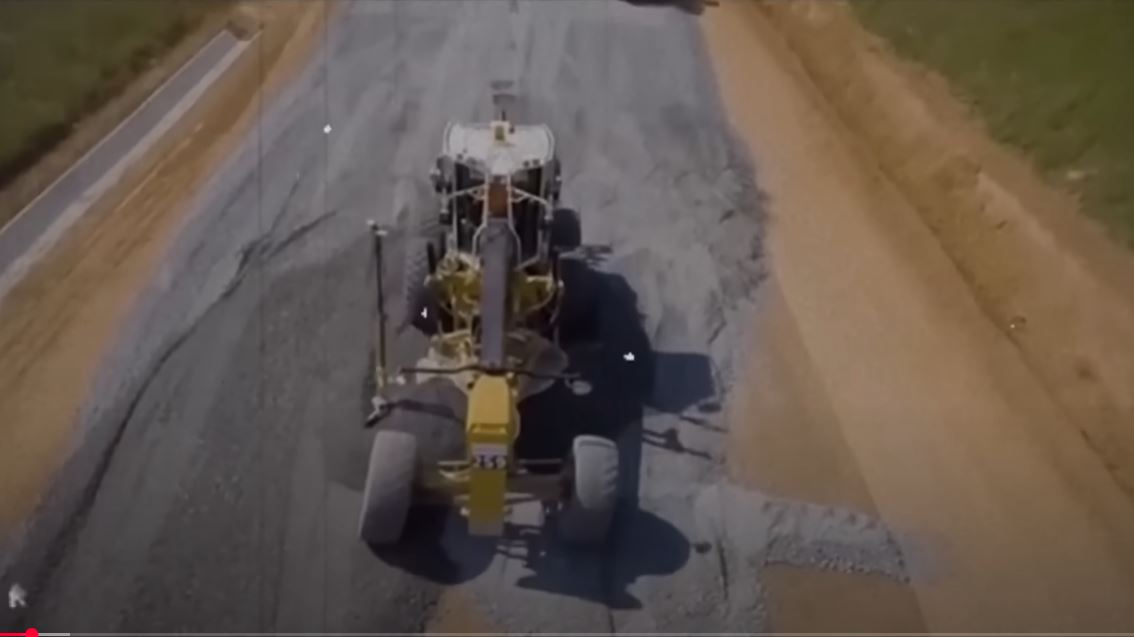
The rollout of the Dono method has already begun in the bustling cities of Ouagadougou and Bobo Dioulasso, with local engineers and road maintenance personnel undergoing extensive training to master this cutting-edge approach. From March 17th to 21st, 2025, a comprehensive training program equipped participants from various districts with the skills necessary to implement and maintain this innovative technique, ensuring that Burkina Faso can build a self-sufficient future without relying on costly foreign contractors.
What sets the Dono technique apart is its emphasis on sustainability and community involvement. By utilizing locally available materials such as gravel, sand, and laterite, this method not only reduces construction costs but also minimizes environmental impact. It empowers local workers, allowing communities to take charge of their infrastructure, and fosters a sense of ownership that is crucial for long-term sustainability. As Tewende Xian Weslas, the Secretary General of the Ministry of Infrastructure, noted, the Dono technique blends modern efficiency with simplicity, making it an ideal solution for widespread deployment across urban and semi-urban areas.
The implications of this project extend far beyond mere road construction. By improving infrastructure, Burkina Faso is paving the way for a stronger local economy, safer travel, and enhanced trade opportunities. Farmers will find it easier to transport their goods, children will have better access to education, and businesses will thrive with improved connectivity. This initiative is not just about building roads; it’s about dismantling barriers that have long hindered progress and creating new pathways for growth.

Moreover, Traoré’s commitment to fostering a culture of self-sufficiency is evident in this initiative. Rather than waiting for external aid, Burkina Faso is taking bold steps to innovate and collaborate, demonstrating that African nations can lead the charge in sustainable development. The Dono technique serves as a powerful testament to the potential of indigenous solutions, showcasing that progress can be achieved without compromising national sovereignty.
As the project gains momentum, it faces challenges that must be addressed to ensure its success across all regions of the country. Sustained investment, community engagement, and comprehensive training will be crucial as the Dono technique is scaled beyond Ouagadougou and Bobo Dioulasso. However, with JICA’s expertise and Traoré’s proactive leadership, there is a solid foundation for overcoming these obstacles and realizing the full potential of this innovative approach.
As of April 2025, Burkina Faso has emerged as a beacon of environmentally friendly and efficient road development, proving that advancement can coexist with environmental responsibility. The Dono initiative is not merely a construction method; it is a bold declaration of independence and a commitment to a sustainable future. Each road built is a step toward dismantling barriers, creating opportunities, and bringing communities closer to essential services.
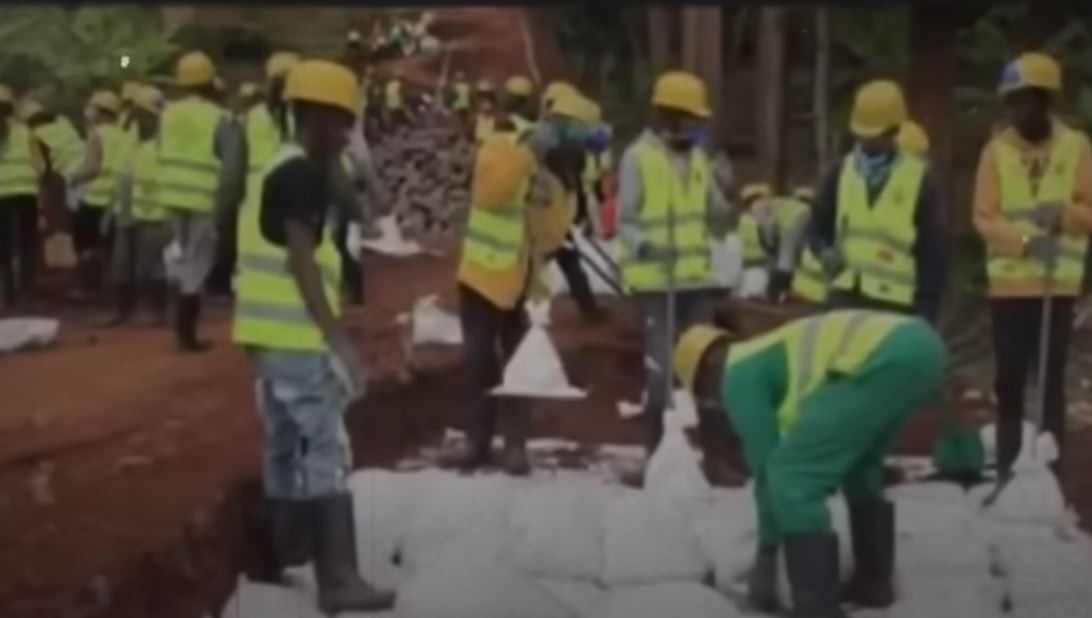
Could this revolutionary approach to infrastructure redefine progress in Africa? As Burkina Faso sets a precedent for innovative development, the world watches closely. Will other nations follow suit, adopting this model of sustainable growth? The conversation has only just begun, and as we celebrate Africa’s ascent, we remain eager for updates on the continent’s journey toward empowerment and self-reliance.



